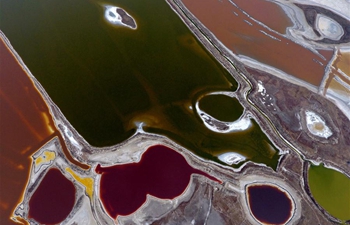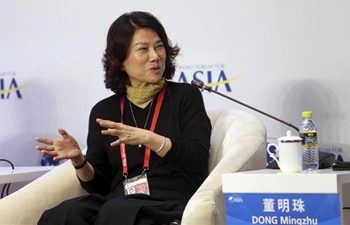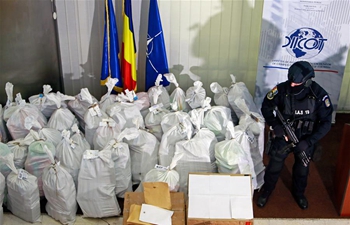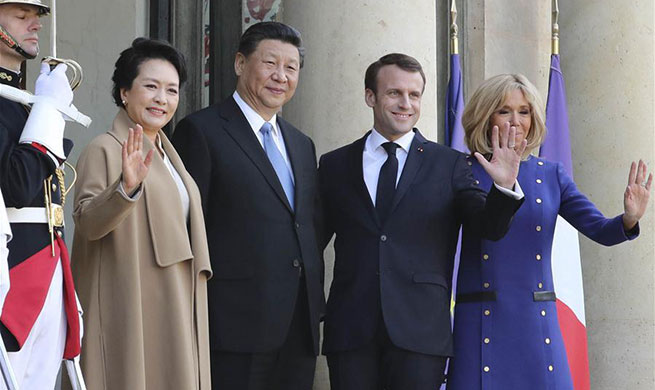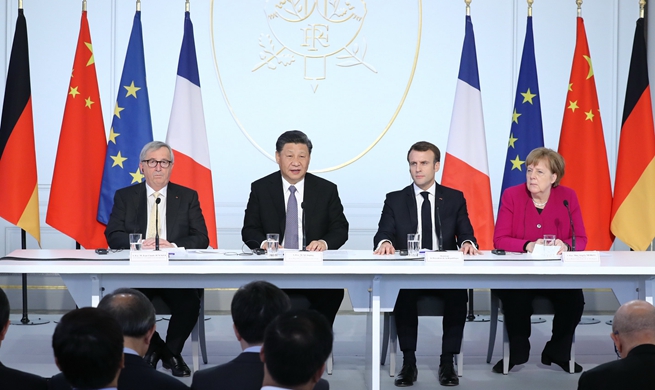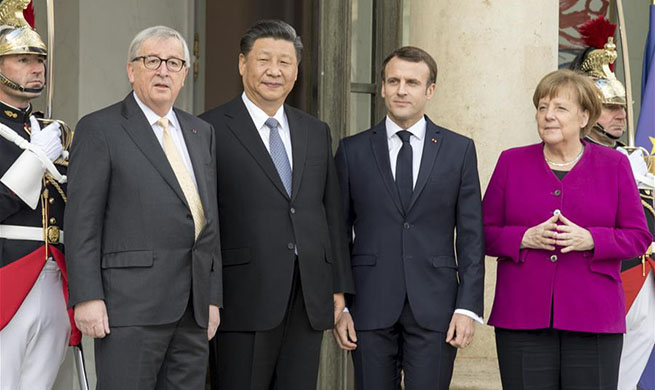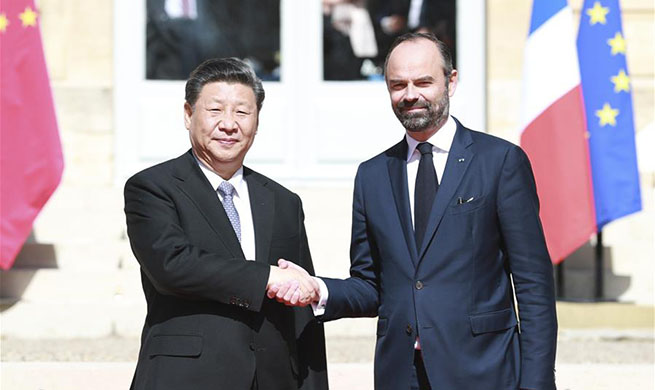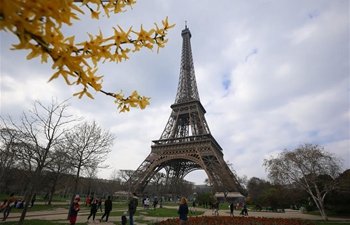by Eric J. Lyman
ROME, March 27 (Xinhua) -- Italian Prime Minister Giuseppe Conte told Italian reporters this week that once his mandate as head of government concludes, he wants to leave politics behind and return to his life as a low-key law professor.
When that happens, how will he be remembered?
Conte already has an unusual place in modern Italian history. He is the first prime minister who is not a member of any of the parties that make up the government coalition that backs him.
In fact, Conte was all but unknown when Italians cast their votes a year ago. He emerged as prime minister ten weeks later as a compromise candidate when neither the populist, anti-establishment Five-Star Movement nor the nationalist, anti-migrant League would let a figure from the other party ascend to the prime minister's office.
Before being named prime minister, Conte was a low-key law professor at the University of Florence.
"These are very rare circumstances in Italy," Nicola Pasini, a political scientist at the University of Milan, said in an interview. "In the past, it's always happened that a potential prime minister leads his party in the election and then tries to form a coalition."
Since Conte's elevation to the prime minister's post, the Five-Star Movement and the League have agreed on so little that analysts say Conte's biggest achievement in nearly ten months as head of government might have been holding the government together amid disagreements between the parties that support it.
"Conte's full time job has been to keep things balanced between the two parties in the coalition," Daniela Giannetti, a political scientist at the University of Bologna, told Xinhua. "The two parties have different priorities and constituencies. For him, it's been a balancing act."
Pasini said that balancing act has made it challenging for Conte to pursue his own political agenda.
"He can't make his own strategic decisions," Pasini said. "The best he can do is to reconcile the priorities of the two parties."
Pasini said that also means Conte would not have his own political base even if he decided to continue in politics.
According to Antonello Folco Biagini, a historian at Rome's La Sapienza University, Conte's statement that he would abandon politics once his mandate was over is not too surprising.
"I don't think he ever thought he was changing careers," Folco Biagini said in an interview. "I think he must have felt a civic duty to serve and I think history will look back at his tenure and say he has been a steadying influence during a challenging period."
Formally, Conte's five-year term finishes in 2023, but few expect the government to last that long. Elections for European Parliament are scheduled to take place in May, and it is likely that the results of that vote will change the balance of power between the Five-Star Movement and the League. Polls combined with a series of local votes show the League -- the smaller of the two parties based on last year's vote -- is likely to gain substantial strength, most likely precipitating big changes in the government.
